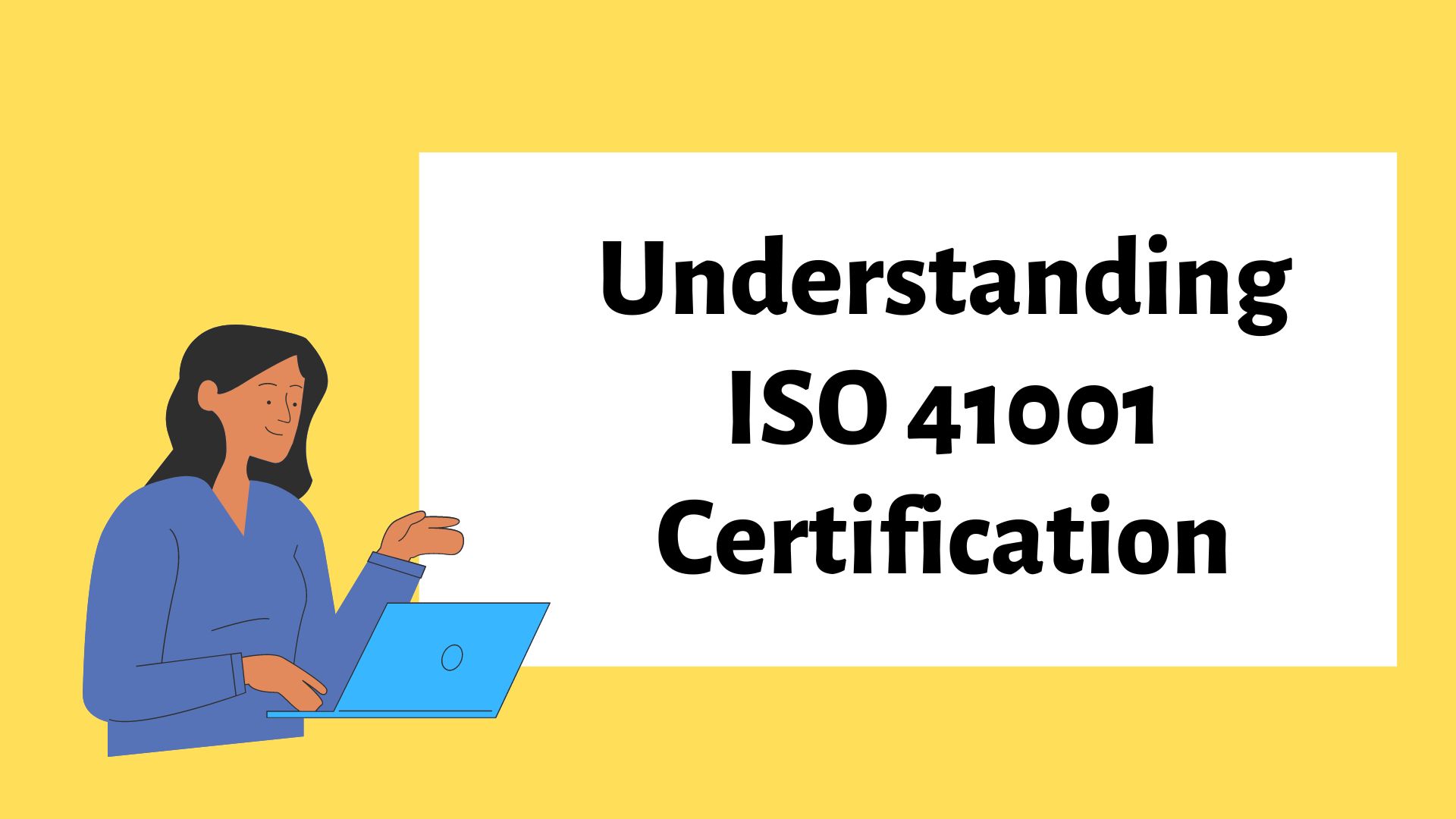Facility management is the practice of managing and
maintaining an organization's physical assets, such as buildings, equipment,
and property. A Facility Management System (FMS) is a software platform that
enables facility managers to monitor and manage all aspects of a building's
operations, from security and access control to maintenance and energy
consumption.
An FMS can help facility managers improve operational
efficiency, optimize resource allocation, enhance safety and security, and
ensure compliance with regulatory requirements related to building operations.
The features of an FMS can vary depending on the specific
needs of an organization. However, some common features of an FMS include asset
management, space management, preventive maintenance, and energy management.
Implementing an FMS involves defining clear goals and
objectives, selecting the right system, involving key stakeholders, and
providing adequate training to users. By following best practices for
implementation, organizations can ensure a successful adoption of an FMS and
reap the benefits it offers.
Get to know about ISO 41001 certification
ISO 41001 is a globally recognized standard that specifies
the requirements for an organization's Facility Management System. The standard
provides a framework for managing facilities effectively and efficiently, and
it covers all aspects of facility management, from planning and design to
operation and maintenance.
The ISO 41001 standard specifies the following requirements
for an organization's Facility Management System:
- Leadership and strategy
- Asset management
- Space and workplace management
- Operational planning and control
What Companies Are Eligible for ISO 41001 Certification?
Any organization that has facilities to manage can go for
ISO 41001 certification. This includes but is not limited to:
1) Business organizations - such as manufacturing plants,
retail outlets, offices, and warehouses.
2) Healthcare organizations - such as hospitals, clinics,
and healthcare centers.
3) Educational institutions - such as schools, universities,
and research centers.
4) Government agencies - such as municipal buildings, police
stations, and public works facilities.
5) Hospitality organizations - such as hotels, resorts, and
restaurants.
6) Transportation organizations - such as airports,
seaports, and train stations.
7) Sports and entertainment organizations - such as
stadiums, arenas, and amusement parks.
8) Non-profit organizations - such as museums, libraries,
and community centers.
How Can ISO 41001 Certification Help Organizations?
ISO 41001 is a globally recognized standard that sets out
the requirements for an effective Facility Management (FM) system. This
certification can provide several benefits to organizations that implement and
achieve compliance with ISO 41001. Some of the key benefits include:
- Improved Operational Efficiency: Implementing ISO 41001
can help organizations streamline their facility management processes, which
can improve operational efficiency and reduce waste.
- Enhanced Customer Satisfaction: An effective FM system
can help organizations provide better service to their customers by ensuring
that their facilities are well-maintained and meet their needs.
- Improved Risk Management: ISO 41001 can help
organizations identify and mitigate risks related to their facilities, which
can help prevent accidents, injuries, and other incidents.
- Increased Cost Savings: By implementing an effective FM system,
organizations can reduce costs associated with maintenance, repairs, and energy
consumption.
- Competitive Advantage: Achieving ISO 41001 certification
demonstrates an organization's commitment to excellence in facility management,
which can help differentiate them from competitors and attract customers and
partners.
- Improved Sustainability: ISO 41001 can help organizations
manage their facilities in a sustainable and environmentally friendly manner,
which can reduce their environmental impact and improve their reputation.
The procedure for obtaining ISO 41001 certification
Getting certified to ISO 41001 can help organizations
demonstrate their commitment to high-quality FMS practices, improve their
operational efficiency, and enhance their reputation.
Here are the general steps to get an ISO 41001
certification:- Understand the requirements: The first step in getting an
ISO 41001 certification is to understand the standard's requirements. It is
essential to read the standard thoroughly and determine how it applies to your
organization's FMS practices.
- Gap Analysis: Conduct a gap analysis to identify any
areas where your organization's FMS practices do not meet the requirements of
ISO 41001. This analysis will help you determine the scope of the certification
process.
- Develop an implementation plan: Based on the gap
analysis, develop an implementation plan to address any identified gaps in your
FMS practices. This plan should include specific steps to meet the ISO 41001
requirements.
- Implement the plan: Once the implementation plan is in
place, start implementing the necessary changes to your FM practices. This step
may involve training your employees, updating your policies and procedures, and
modifying your processes.
- Conduct internal audits: Regularly conduct internal
audits to ensure that your FMS practices are in compliance with the ISO 41001
standard.
- Obtain certification: Once you are confident that your FM
practices meet the ISO 41001 requirements, you can engage an accredited
certification body to conduct an audit of your facilities. If the audit is
successful, you will receive an ISO 41001 certification.
- Maintain certification: To maintain your certification,
you must regularly monitor and improve your FMS practices, conduct internal
audits, and engage in ongoing training and education.
Conclusion
Facility Management System (FMS) is an essential aspect of
an organization's operations, and ISO 41001 Certification provides a globally
recognized framework for managing facilities effectively and efficiently.
Implementing an FMS and obtaining ISO 41001 Certification can provide a range
of benefits for organizations, including increased efficiency, improved safety
and security, and enhanced reputation and competitive advantage.
If you have any doubts regarding any kinds of ISO certificates you can consult a leading Business consultant of ISO certification in Bangalore we will solve your queries.

